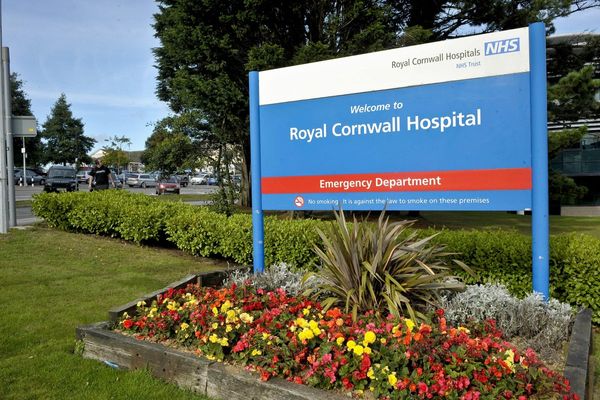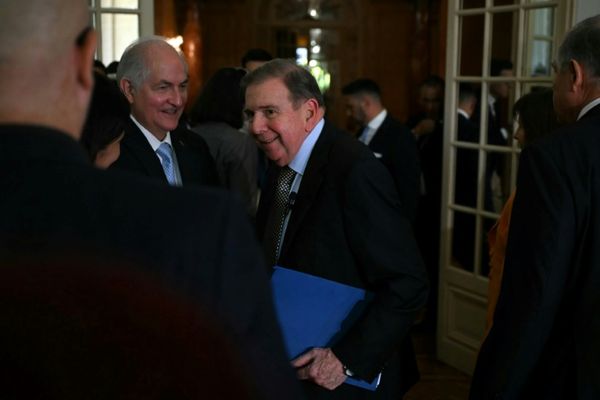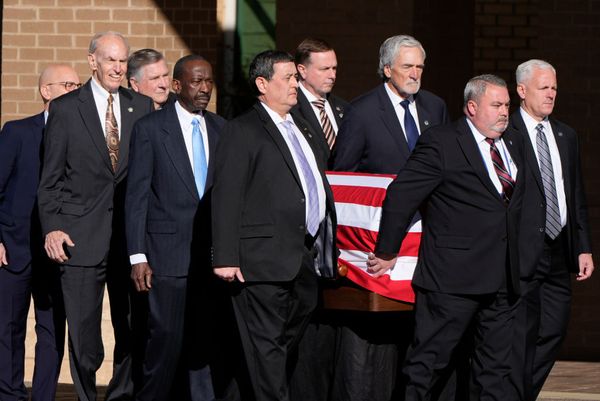
A global fact-checking body has defended one of Australia’s major fact-checkers, RMIT FactLab, after it was suspended from Meta’s program, saying the group is in “good standing” and that it expects to renew its membership imminently.
The decision by Meta, which owns social media platforms Facebook, Instagram and Threads, comes after pressure by the Voice to Parliament’s No campaign and News Corp publications which accused RMIT FactLab of bias after becoming the subject of a debunking.
Meta’s third-party fact-checking program is its main weapon against misinformation on its platforms. Once accredited by the International Fact-Checking Network (IFCN), fact-checker organisations can apply to be part of Meta’s program. Approved fact-checking organisations are paid by Meta to verify and debunk viral posts on their platforms (although Meta does not have any editorial oversight into the fact-checks themselves).
When a post is determined to be false, altered or partly false, Meta labels posts on its platforms that contain the claim, reduces the reach and, in some cases, restricts or bans users for spreading misinformation.
Until recently, Australia had three fact-checking organisations: AAP FactCheck, Agence France-Presse and RMIT FactLab. RMIT FactLab had recently attracted the ire of the No campaign and News Corp publications in the lead-up to the Voice to Parliament referendum. A June Sky News Australia article claimed RMIT FactLab’s 17 anti-Voice post fact-checks showed that the organisation had been “hijacked by activists” and noted that its IFCN accreditation had lapsed. IFCN confirmed that Sky News Australia had made a complaint against RMIT FactLab.
Earlier this month, a Sky News Australia video of a Peta Credlin editorial in which she asserted that the Uluru Statement was 26 pages was fact-checked as false. Coalition Senator James Paterson accused Meta’s fact-check of “interfer[ing] with a legitimate public discourse” in a letter sent last week.
Yesterday Meta announced it was suspending RMIT FactLab from its program citing the lapsed IFCN certification, complaints of “possible bias or unfairness” regarding the Voice to Parliament coverage as well as the closeness to the referendum.
“Once the IFCN has considered whether RMIT FactLab’s expired certification should be reinstated, we will again review their participation in our fact checking program,” Meta’s Australian director of policy Mia Garlick wrote back to Paterson.
In addition to RMIT FactLab, at least 20 of Meta’s 100-odd listed fact-checking partners are expired IFCN signatories but remain in their positions. Meta has been contacted for comment.
IFCN director Angie Drobnic Holan responded to Meta’s decision and “attacks on RMIT FactLab” by reaffirming support for the Australian fact-checker.
“RMIT FactLab has a record of successful compliance with the code; we anticipate a successful renewal of its signatory status upon completion of its next independent assessment,” she told Crikey in an email.
Holan said RMIT FactLab had filed for renewal and that the IFCN considered it “a signatory in good status” while the renewal is pending. She also said processing times for renewal had been dragged out due to a “rapid growth in fact-checking organisations” and that Sky News Australia’s complaint, which has been reviewed by IFCN staff, would be considered as part of the application.
“The IFCN will review RMIT FactLab’s renewal application with the same scrutiny it gives to all renewal applications. We aim to complete the process as soon as possible,” she said.







